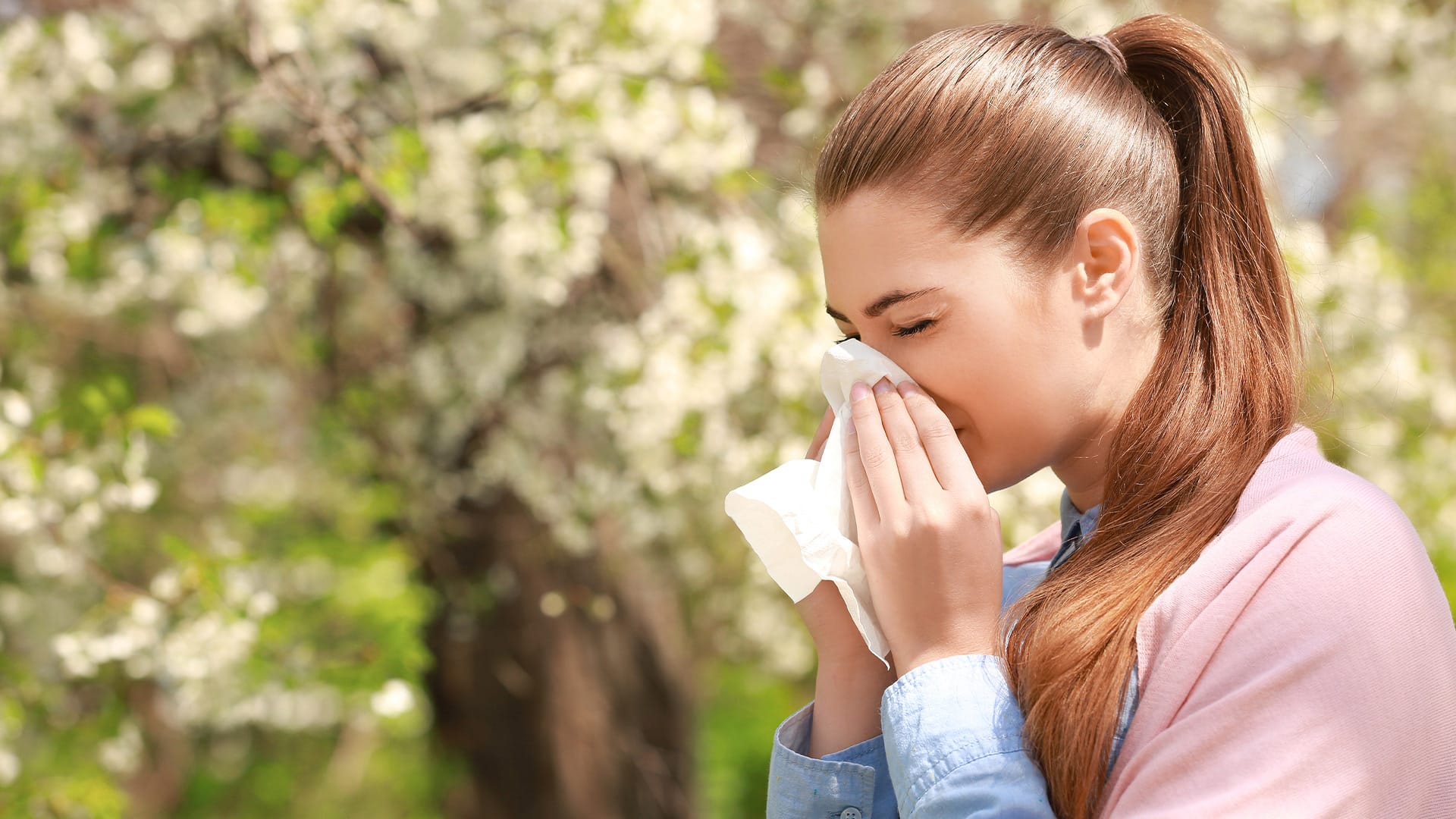
As we head into summer, Kingwood residents are still battling high pollen counts and lingering spring illnesses. At Elite Hospital Kingwood, we want you to enjoy the season while staying healthy and comfortable.
Here’s what you need to know about common spring and early summer health issues in our area — and how to protect yourself and your family.
Allergies: Houston’s High Pollen Problem
Right now, the Houston area is experiencing some of the highest tree pollen counts of the year, with cedar pollen leading the way. Pollen levels are especially high in the morning and early afternoon.
If you suffer from allergies, you can minimize symptoms by:
- Planning outdoor activities for the evening when pollen counts are lower
- Taking daily antihistamine to help control symptoms
- Seeking medical evaluation if symptoms are severe or persistent
Expert advice from Elite Hospital Kingwood

“The Houston area frequently experiences high pollen counts, with cedar being the largest contributor. The highest pollen levels occur in the morning and early afternoon. During this season, I highly recommend saving your walks and outdoor activities for the evening to minimize exposure.
Getting outside is still important for vitamin D and daily exercise — just adjust the timing. A daily antihistamine can help control symptoms.
If symptoms remain significant despite these measures, I recommend an evaluation by a physician.”
Dr. Chris Hummel
Medical Director, Elite Hospital Kingwood
Other Common Spring and Early Summer Illnesses
1. Common Cold and Respiratory Infections:
Spring and early summer colds are often triggered by changing weather, allergies, and airborne irritants. Symptoms like coughing, sneezing, and congestion can sometimes be hard to tell apart from allergy symptoms. If you develop a fever or persistent symptoms, it may be more than allergies and should be evaluated.
2. Asthma Flare-Ups
Pollen, mold, and air pollution can worsen asthma symptoms during this time of year. Make sure you have an updated asthma action plan and keep inhalers readily available.
3. Sinus Infections
Seasonal allergies can sometimes lead to sinus infections (sinusitis) when inflammation and congestion block normal drainage. If you experience facial pressure, thick nasal discharge, headache, or a lingering cough, it may be a sinus infection — not just allergies or a cold. Sinus infections sometimes require prescription treatment, so don’t hesitate to see a doctor if symptoms worsen or don’t improve after a week.
When to Seek Medical Care
While many seasonal allergies and minor illnesses can be managed at home, you should seek immediate medical attention if you experience:
- Difficulty breathing or wheezing
- Severe allergic reactions, such as swelling or trouble swallowing
- High fever that doesn’t improve with medication
